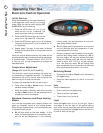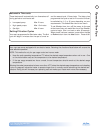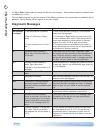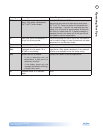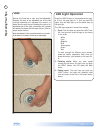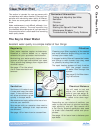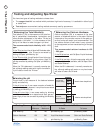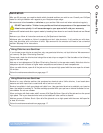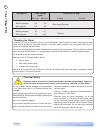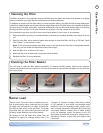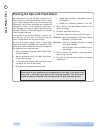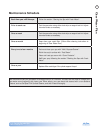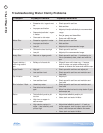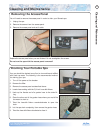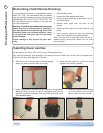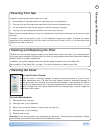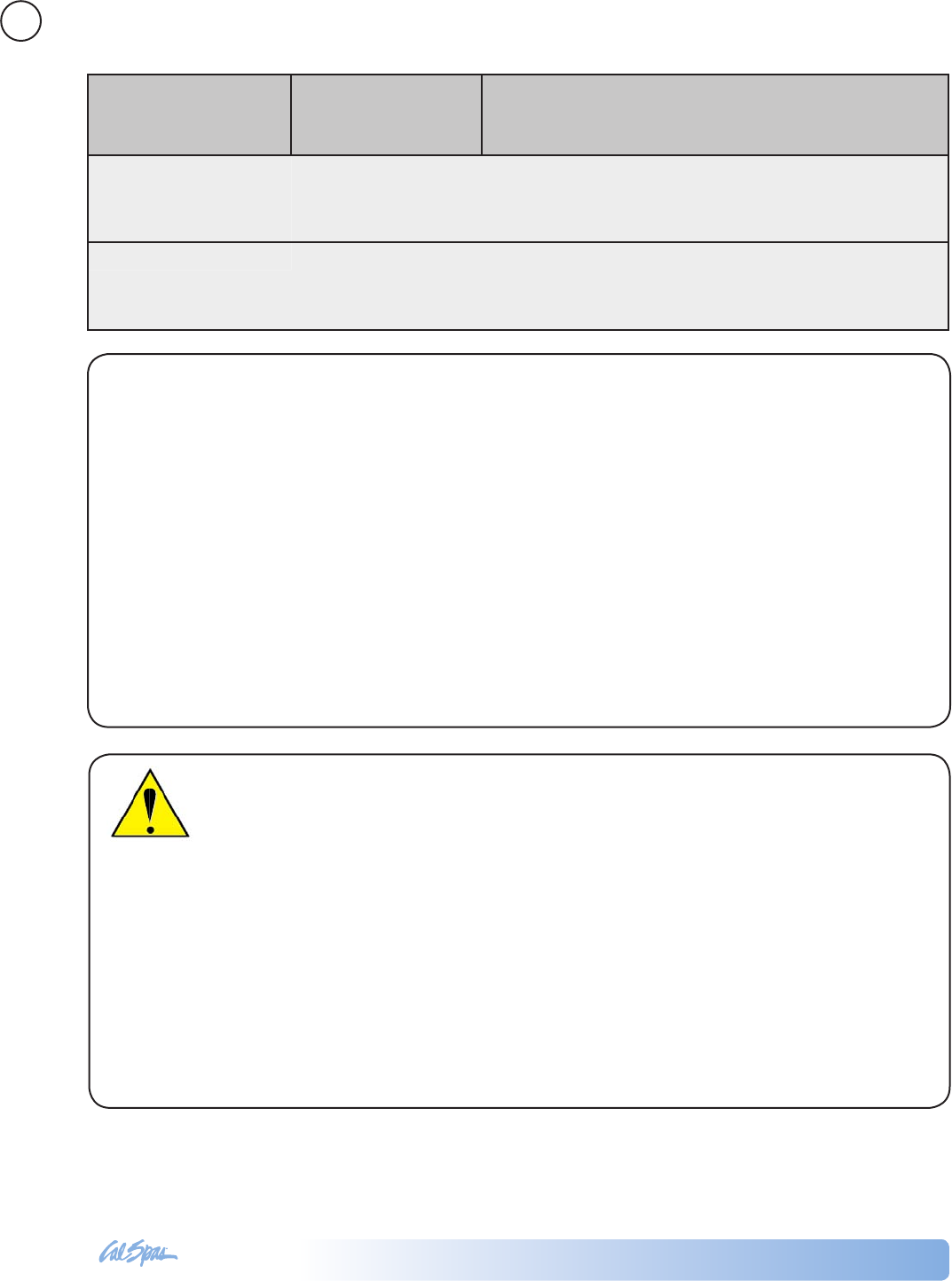
2010 Genesis Portable Spa
LTR20101058, Rev. B
Clear Water Plan
www.calspas.com
14
Testing For: Ideal Range
(ppm)
Chemicals To Use:
Minimum Maximum To Raise To Lower
Chlorine level
Without ozonator
With ozonator
3.0 5.0
2.0 4.0
Chlorinating Granules
Bromine level
Without ozonator
With ozonator
6.7 11.0
5.7 10.0
Go Brom
Shocking the Water
In addition to using a chemical sanitizer, you will periodically need to shock the water. Shocking the water
helps remove burned-out chemicals, bacteria, and other organic material from your spa’s water and im-
proves your sanitizer’s effectiveness.
Do not use chlorinating shock, which will damage your spa’s jets and pump seals. The only shock you should
use is Cal Spas Oxidizer Shock. It is an easy way to maintain either chlorine or bromine chemical plans.
For best results use the directions below.
Add one ounce of Cal Spas Oxidizer Shock:
Once a week•
After heavy bather loads•
If water has a strong odor•
Spa must be running with all of the jets on high for 30 minutes with the cover open. If necessary, repeat
oxidizer shock in 30 minute intervals.
Chemical Safety
Do not exceed chemical dosages as recommended
in the Clear Water Plan or on chemical bottles and
packages.
Never change chemical brands or types without com-
pletely draining, ushing and thoroughly cleaning the
spa and cover rst.
Never mix chemicals together.
Do not allow chemicals to come in contact with skin,
eyes or clothing. Remove and wash clothing that may
have been exposed to chemical contact prior to wear-
ing them again.
Inhaling or ingesting chemicals will cause serious in-
jury, sickness, or even death.
Chemicals must be stored completely out of the
reach of children in an area that is well vented, cool,
and dry. Failure to provide a proper area for chemical
storage may result in serious injury, sickness, re ex-
plosion and even death. Do not store your chemicals
inside the equipment area of your spa.
Read and follow all printed instructions listed on bottles and packages. Failure to
follow chemical directions may result in serious injury, sickness, or even death.



